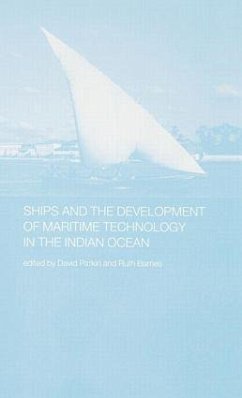
Popularizing Science and Technology in the European Periphery, 1800-2000
Versandkostenfrei!
Versandfertig in 1-2 Wochen
177,99 €
inkl. MwSt.
Weitere Ausgaben:

PAYBACK Punkte
89 °P sammeln!
The vast majority of European countries have never had a Newton, Pasteur or Einstein. Therefore a historical analysis of their scientific culture must be more than the search for great luminaries. Studies of the ways science and technology were communicated to the public in countries of the European periphery can provide a valuable insight into the mechanisms of the appropriation of scientific ideas and technological practices across the continent. The contributors to this volume each take as their focus the popularization of science in countries on the margins of Europe, who in the nineteenth...
The vast majority of European countries have never had a Newton, Pasteur or Einstein. Therefore a historical analysis of their scientific culture must be more than the search for great luminaries. Studies of the ways science and technology were communicated to the public in countries of the European periphery can provide a valuable insight into the mechanisms of the appropriation of scientific ideas and technological practices across the continent. The contributors to this volume each take as their focus the popularization of science in countries on the margins of Europe, who in the nineteenth and twentieth centuries may be perceived to have had a weak scientific culture. A variety of scientific genres and forums for presenting science in the public sphere are analysed, including botany and women, teaching and popularizing physics and thermodynamics, scientific theatres, national and international exhibitions, botanical and zoological gardens, popular encyclopaedias, popular medicine and astronomy, and genetics in the press. Each topic is situated firmly in its historical and geographical context, with local studies of developments in Spain, Portugal, Italy, Hungary, Denmark, Belgium and Sweden. Popularizing Science and Technology in the European Periphery provides us with a fascinating insight into the history of science in the public sphere and will contribute to a better understanding of the circulation of scientific knowledge.














